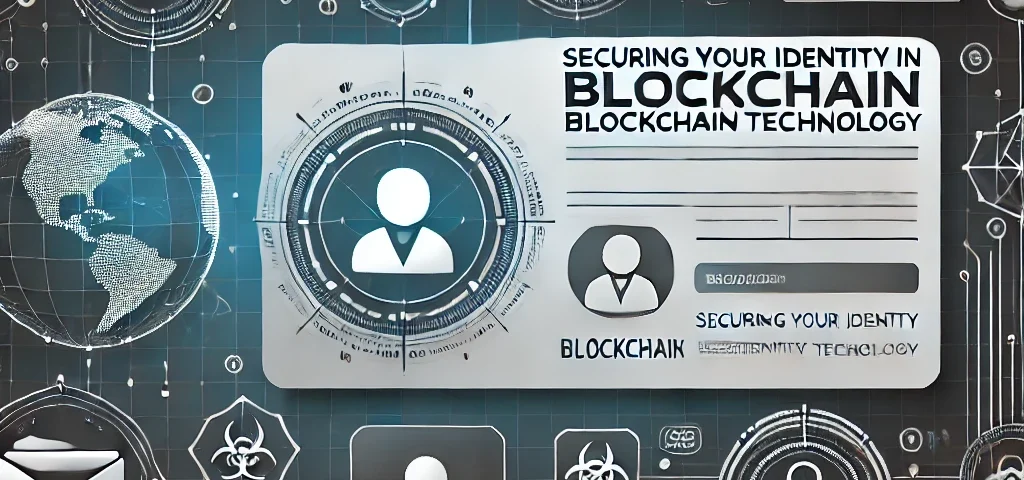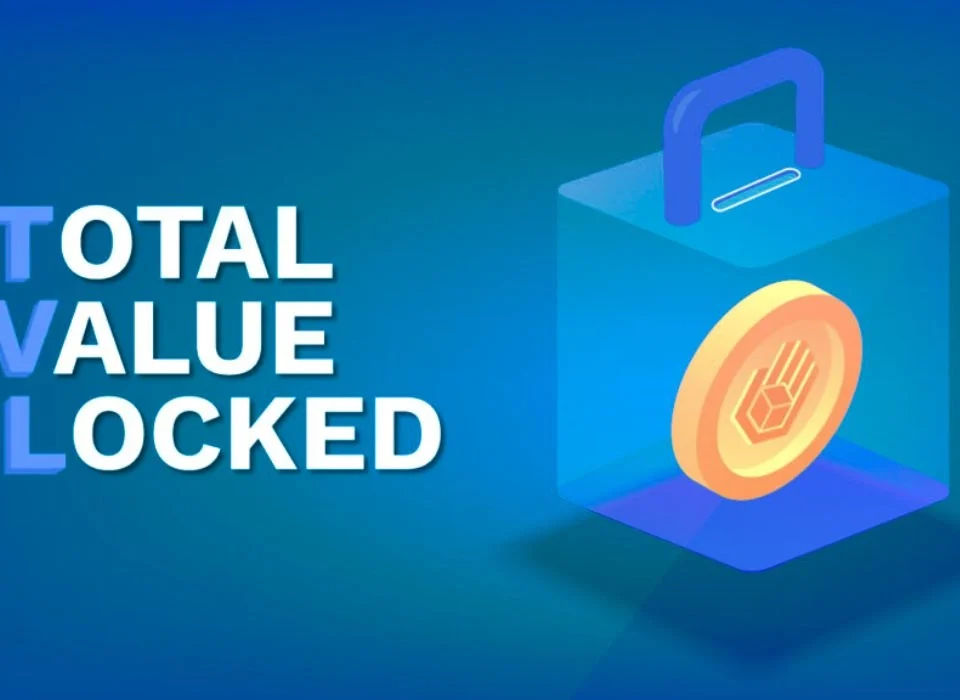
Best Home Mining Rigs: The Most Profitable Options for Home Mining
26/08/2024
How to Use Crypto Swap Services
28/08/2024The Role of Blockchain in Digital Identity Verification
In the digital age, identity verification has become a critical aspect of online interactions, ranging from accessing services to conducting financial transactions. Traditional methods of verifying identity, often reliant on centralized databases and manual processes, are increasingly being challenged by issues such as data breaches, identity theft, and inefficiencies. Blockchain technology, with its decentralized, secure, and transparent nature, offers a revolutionary approach to digital identity verification. This article explores the role of blockchain in digital identity verification, its benefits, challenges, and future prospects.
Understanding Digital Identity
What is Digital Identity?
Digital identity refers to the information used to represent an individual, organization, or device in the digital world. This information can include usernames, passwords, social security numbers, biometric data, and other personal details. Digital identities are essential for accessing online services, performing transactions, and establishing trust in digital environments.
The Challenges of Traditional Digital Identity Verification
Traditional digital identity verification systems often rely on centralized databases controlled by governments, financial institutions, or service providers. These systems face several challenges:
- Data Breaches: Centralized databases are prime targets for hackers. When breached, they can expose sensitive personal information of millions of users.
- Identity Theft: Stolen or forged identities can be used to commit fraud, resulting in significant financial and reputational damage.
- Lack of Privacy: Users often have little control over how their personal information is stored, shared, or used by third parties.
- Inefficiency: Manual verification processes can be time-consuming and prone to errors, leading to delays and frustration for users.
How Blockchain Can Transform Digital Identity Verification
Decentralization and Security
Blockchain technology operates on a decentralized network of nodes, where each node maintains a copy of the entire blockchain. This decentralization eliminates the need for a central authority to verify identities, reducing the risk of data breaches. Since blockchain uses cryptographic techniques to secure data, it ensures that once information is recorded, it cannot be altered or tampered with.
Self-Sovereign Identity (SSI)
One of the most promising applications of blockchain in digital identity verification is the concept of self-sovereign identity (SSI). SSI allows individuals to own and control their digital identities without relying on centralized authorities. With SSI, users can manage their personal data and selectively share it with service providers, maintaining control over their privacy.
Transparency and Trust
Blockchain’s transparent nature allows all participants in the network to verify the authenticity of transactions and identities. This transparency builds trust between users and service providers, as they can independently verify the validity of identity claims. Additionally, blockchain’s immutability ensures that identity records are permanent and cannot be manipulated.
Interoperability
Blockchain can facilitate the creation of interoperable digital identities that can be used across different platforms and services. This interoperability reduces the need for multiple identity verifications, streamlining access to services and improving user experience.
Reduced Costs and Inefficiencies
By automating identity verification processes through smart contracts, blockchain can significantly reduce the time and costs associated with manual verification. Smart contracts are self-executing agreements that automatically verify and enforce identity claims based on predefined criteria, eliminating the need for intermediaries.
Use Cases of Blockchain in Digital Identity Verification
Financial Services
In the financial sector, blockchain can streamline the Know Your Customer (KYC) process, which requires financial institutions to verify the identities of their clients. Blockchain-based KYC solutions can provide a secure and efficient way to store and share customer information, reducing compliance costs and improving customer onboarding.
Example: Civic
Civic is a blockchain-based identity verification platform that allows users to create a digital identity and share it securely with service providers. Civic’s platform enables financial institutions to verify identities quickly and securely, reducing the time and costs associated with KYC compliance.
Healthcare
Blockchain can be used to verify the identities of patients, healthcare providers, and other stakeholders in the healthcare ecosystem. By securely storing patient records and identity information on a blockchain, healthcare providers can ensure that patient data is accurate, up-to-date, and accessible only to authorized individuals.
Example: Medicalchain
Medicalchain is a blockchain-based platform that enables patients to create and manage their digital health identities. By storing health records on a blockchain, Medicalchain ensures that patient data is secure and can be shared with healthcare providers only with the patient’s consent.
Government and Public Services
Governments can use blockchain to create secure and tamper-proof digital identities for citizens, which can be used to access public services, vote in elections, and prove identity online. Blockchain-based digital identities can reduce fraud, improve service delivery, and enhance trust in government institutions.
Example: Estonia’s e-Residency Program
Estonia’s e-Residency program allows global citizens to obtain a digital identity issued by the Estonian government. This digital identity, which is based on blockchain technology, allows users to access various online services, sign documents electronically, and start businesses in Estonia.
Travel and Immigration
Blockchain can be used to streamline identity verification processes in the travel and immigration sectors. By storing passport information, visas, and travel records on a blockchain, travelers can verify their identities quickly and securely at border crossings and airports, reducing wait times and improving security.
Example: Known Traveler Digital Identity (KTDI)
The Known Traveler Digital Identity (KTDI) initiative, developed by the World Economic Forum in collaboration with various governments and companies, uses blockchain to create a secure digital identity for travelers. KTDI allows travelers to share their verified identity information with authorities, enabling seamless and secure travel experiences.
Online Services and E-Commerce
Blockchain can enhance identity verification in online services and e-commerce by providing a secure way to verify the identities of users, merchants, and service providers. This can reduce fraud, improve trust, and streamline transactions.
Example: uPort
uPort is a blockchain-based identity platform that allows users to create and manage their digital identities. By using uPort, individuals can securely verify their identities when accessing online services or conducting transactions, reducing the risk of fraud and enhancing trust.
Challenges and Limitations of Blockchain in Digital Identity Verification
Scalability
Blockchain networks can face scalability issues, particularly when dealing with large volumes of identity data. As the number of users and transactions on the network grows, the system can become slow and inefficient. Addressing scalability challenges is crucial for the widespread adoption of blockchain-based identity solutions.
Privacy Concerns
While blockchain offers enhanced security and transparency, it also raises privacy concerns. Storing sensitive identity information on a public blockchain could expose users to potential privacy risks. Solutions such as zero-knowledge proofs and off-chain storage are being explored to address these concerns.
Regulatory and Legal Challenges
The regulatory environment for blockchain-based identity verification is still evolving. Governments and regulatory bodies need to establish clear guidelines and standards for the use of blockchain in identity verification to ensure compliance with data protection laws and regulations.
Adoption and Integration
For blockchain-based identity verification to be effective, it requires widespread adoption and integration with existing systems and platforms. Convincing governments, businesses, and users to adopt blockchain-based identity solutions can be challenging, particularly if they are accustomed to traditional methods.
Security Risks
While blockchain is inherently secure, it is not immune to attacks. For example, a 51% attack, where a malicious actor gains control of the majority of the network’s hash power, could compromise the integrity of the blockchain. Ensuring the security of blockchain networks is essential for maintaining trust in digital identity verification.
Future Prospects of Blockchain in Digital Identity Verification
Increased Adoption of Self-Sovereign Identity (SSI)
As awareness of privacy and data security grows, the adoption of self-sovereign identity solutions is expected to increase. Blockchain-based SSI systems empower individuals to take control of their digital identities, reducing reliance on centralized authorities and enhancing privacy.
Integration with Emerging Technologies
The future of blockchain-based digital identity verification will likely involve integration with other emerging technologies, such as artificial intelligence (AI), biometrics, and the Internet of Things (IoT). These integrations can enhance the accuracy, security, and efficiency of identity verification processes.
Development of Global Standards
As blockchain technology matures, the development of global standards for digital identity verification will be crucial. Standardized protocols and frameworks will enable interoperability between different blockchain networks and ensure compliance with regulatory requirements.
Expansion of Use Cases
The use cases for blockchain-based digital identity verification are expected to expand beyond financial services, healthcare, and government. Industries such as education, real estate, and supply chain management may also adopt blockchain-based identity solutions to enhance security and efficiency.
Enhanced Privacy Solutions
The future of blockchain in digital identity verification will likely involve the development of enhanced privacy solutions, such as zero-knowledge proofs and decentralized identifiers (DIDs). These solutions will enable secure and private identity verification while preserving the transparency and security of the blockchain.
Conclusion
Blockchain technology has the potential to revolutionize digital identity verification by providing a secure, decentralized, and transparent platform for managing and verifying identities. Its applications in financial services, healthcare, government, travel, and online services demonstrate its versatility and potential to enhance security, reduce fraud, and improve user experience. However, challenges such as scalability, privacy concerns, regulatory uncertainty, and adoption barriers must be addressed to fully realize the benefits of blockchain-based identity verification. As the technology continues to evolve, blockchain is poised to play an increasingly important role in the future of digital identity verification, empowering individuals and organizations to manage identities securely and efficiently in the digital world.



